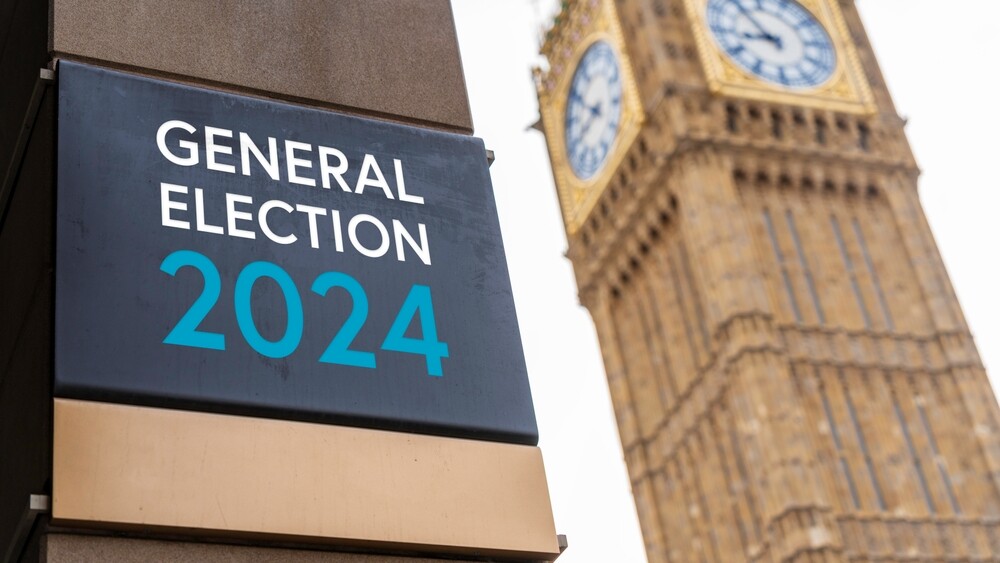Britons head to the polls on Wednesday in what is widely anticipated to be a significant shift in power towards the opposition Labour Party, potentially ending the Conservative rule that has lasted for almost fifteen years.
This election, the first since Boris Johnson’s 2019 landslide victory, was surprisingly called six months earlier than expected by Prime Minister Rishi Sunak. However, recent polls over the last few years indicate a significant defeat for his right-wing party during the six-week campaign.
This outcome could lead to Labour leader Keir Starmer, 61, becoming the head of the largest party in parliament and occupying 10 Downing Street. But Starmer is not taking chances; he urged voters to come out in large numbers and exercise their franchise.
Polls opened at 7:00 a.m. in over 40,000 polling stations nationwide, from church halls, community centres, and schools to more unusual locations such as pubs and even a ship.
Later in the day, exit polls will reveal a near-accurate projection of how well the parties have performed.
As the results from the UK’s 650 constituencies arrive overnight, the winning party is anticipated to secure 326 seats, reaching the threshold for a parliamentary majority, as dawn breaks on Friday. However, several polls have projected that Labour would secure at least 430 seats, topping the 418 under Tony Blair in 1997.

According to polls, voters aim to punish the Tories after enduring 14 years of often disorderly governance. There is speculation that several government ministers could be removed, including the possibility that even Sunak himself might not be safe.
That would make him the first sitting prime minister not to retain his seat in a general election.
“I appreciate people’s frustrations with our party,” the prime minister admitted Wednesday. “But tomorrow’s vote is a vote about the future.”
In a significant blow, The Sun newspaper, which has backed the eventual winner of every election for several decades, endorsed the Labour Party.
It follows the Financial Times, the Economist, and The Sunday Times, as well as the traditionally left-leaning papers The Guardian and The Daily Mirror, which also endorse the party.


